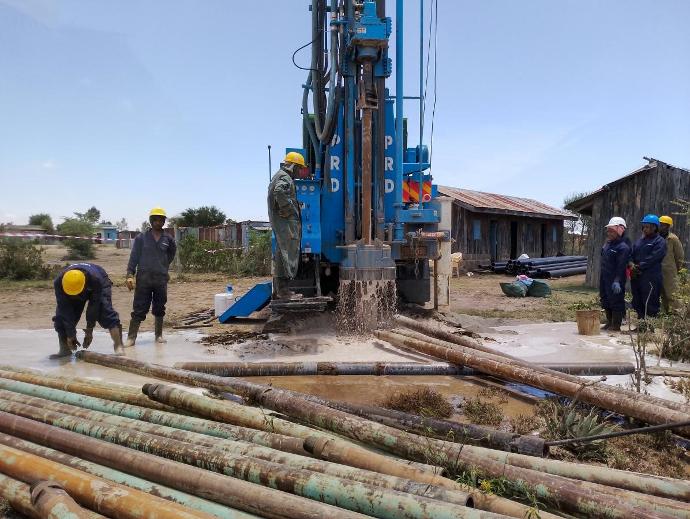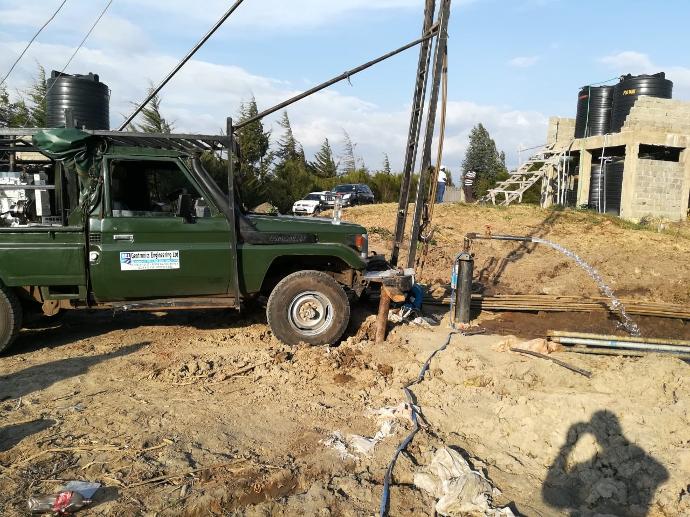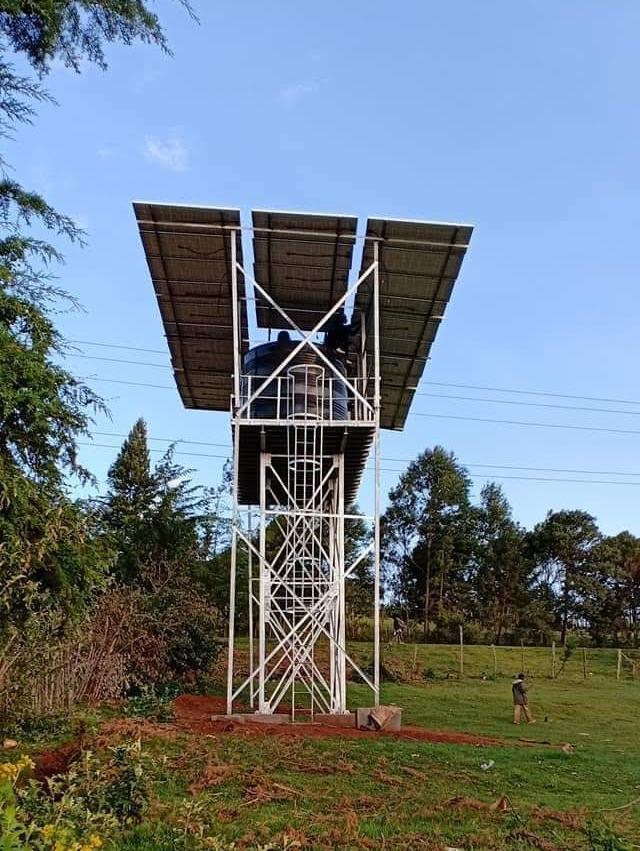Sourcing Serenity: How to get a borehole in Kenya
Welcome to the realm of endless water possibilities! Today, we'll unravel the exciting journey of transforming a parched piece of land into a bubbling well of refreshment – your very own borehole.
Dive into the idea of water self-sufficiency in Kenya. Assess your water needs and discover why having your private borehole is not just a solution but an adventure in itself.
1. Sorting out the legal documents
Skip through the regulatory hoops by securing the necessary permits. Navigate the legal landscape swiftly to set the stage for a hassle-free borehole bonanza. The permits required for drilling a borehole in Kenya are:
WRA Authorization
NEMA License, for areas within the metropolitan
County Government Licenses
The requirements for these permits include:
A copy of the ID/Passport/Certificate of incorporation of the owner
A copy of the KRA PIN certificate of the owner
A copy of land ownership documents, i.e Title Deed/Lease agreement.
2. Doing a hydrological survey
Meet the hydrogeological survey, your borehole's GPS. Understand the lay of the land and pinpoint the perfect spot to strike water gold. It's like magic, but with science! It is very important to incorporate a legitimate company to do survey for you because it pinpoints the most promising location for underground water in your farm, and the exact depth. You also need a report signed by a registered professional for you to be given a permit to drill the borehole.
3. Drilling the borehole
Time to bring in the big guns – the drilling crew. Witness the earth-shaking marvel of modern machinery as it bores into the depths, revealing the aquifers beneath. Make sure the contractor you hire for your borehole has access to modern technology for drilling. You don’t want to spend millions only to get the bare minimum traditional methods. At HydroConnect, we are the connect between water solutions and modern technology.
4. Casing the borehole
Wrap your borehole in a protective layer – the casing. It's like giving your well a stylish jacket, preventing collapses and keeping contaminants at bay. Steel casings are most preferable because they endure high underground pressures, and your borehole is guaranteed to last really long.
 BOREHOLE DRILLING
BOREHOLE DRILLING5. Cleaning your well
Post-drill, it's spa day for your well. Purge the borehole, fluff up the water, and run some tests to ensure it's the purest, tastiest aqua you've ever sipped. These are the services done to ensure the borehole yields plenty clean water:
i. Borehole Flushing:
Water is forced out by high pressure, to come out with all the dirt that accumulated during drilling, until the water becomes clear.
ii. Test Pumping:
Drilling team will connect a pump and run it for 24 hours continuously, to establish a rate at which you can draw water from the borehole continuously without depleting it. Such great technology, right?
iii. Water Laboratory Testing:
A sample will be taken during test pumping and be subjected to lab tests to determine its suitability for human consumption.

7. Equipping your borehole
Time for the waterworks! Install pumps, pipes, and control systems. Your borehole is now a backstage pass to a water symphony delivered straight to your doorstep. The type of pump, motor, solar system you get is totally dependent on the amount of water available, vs your usage needs. Quality is a requirement here. Make sure you get the best brands. You don’t want to spend millions on this project only for you to get sub-standard equipment, right? You deserve premium quality. At HydroConnect, we will guide you on all available options and let you be the judge for what you really need.
BOREHOLE EQUIPPING
